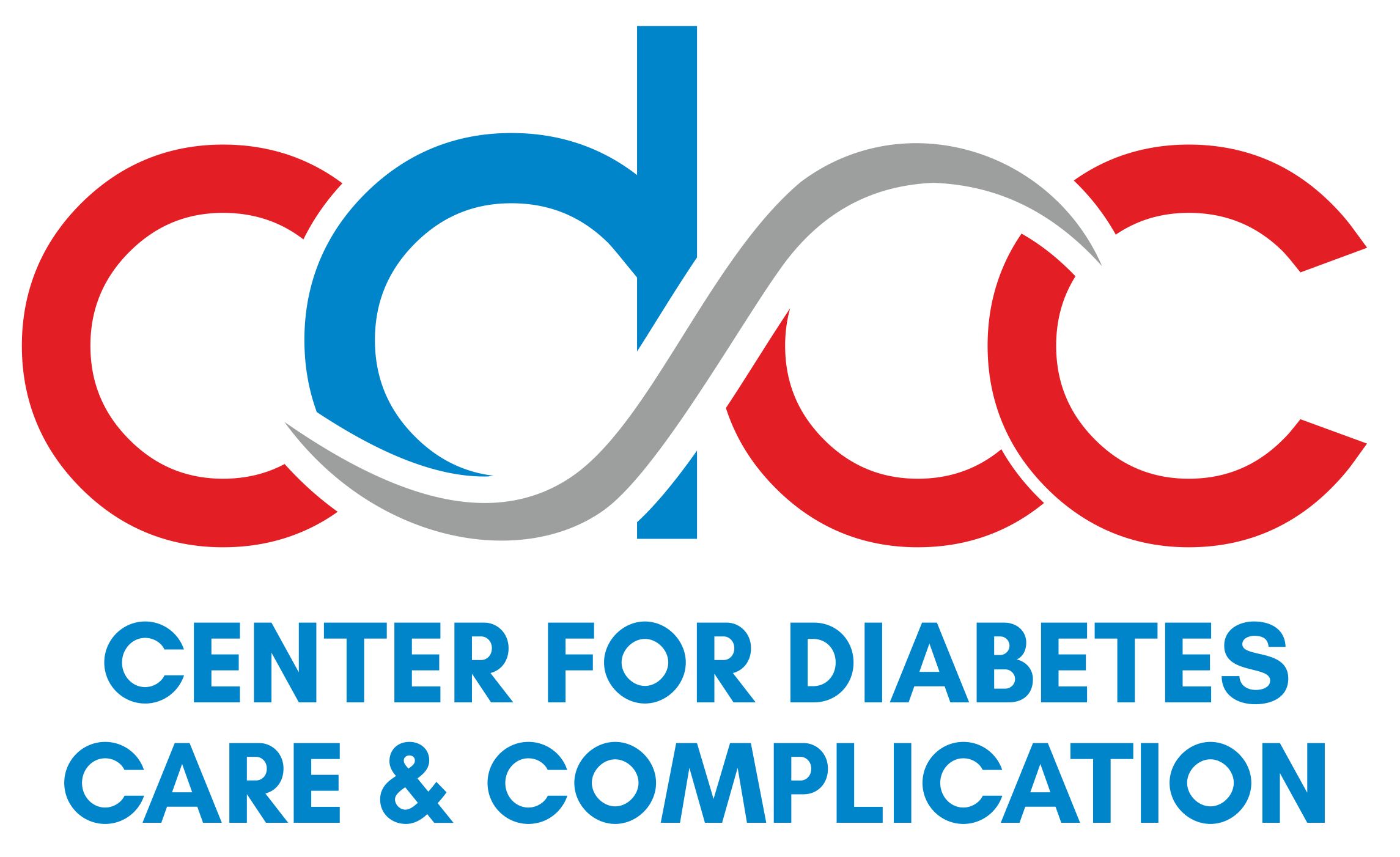Diabetes is a chronic disease that occurs either when the pancreas does not produce enough insulin or when the body cannot effectively use the insulin it produces. Insulin is a hormone that regulates blood glucose. Hyperglycaemia, also called raised blood glucose or raised blood sugar, is a common effect of uncontrolled diabetes and over time leads to serious damage to many of the body's systems, especially the nerves and blood vessels.
In 2014, 8.5% of adults aged 18 years and older had diabetes. In 2019, diabetes was the direct cause of 1.5 million deaths and 48% of all deaths due to diabetes occurred before the age of 70 years. Another 460 000 kidney disease deaths were caused by diabetes, and raised blood glucose causes around 20% of cardiovascular deaths (1).
Between 2000 and 2019, there was a 3% increase in age-standardized mortality rates from diabetes. In lower-middle-income countries, the mortality rate due to diabetes increased 13%.
By contrast, the probability of dying from any one of the four main noncommunicable diseases (cardiovascular diseases, cancer, chronic respiratory diseases or diabetes) between the ages of 30 and 70 decreased by 22% globally between 2000 and 2019.
Early diagnosis can be accomplished through relatively inexpensive testing of blood glucose. People with type 1 diabetes need insulin injections for survival.
One of the most important ways to treat diabetes is to keep a healthy lifestyle.
Some people with type 2 diabetes will need to take medicines to help manage their blood sugar levels. These can include insulin injections or other medicines. Some examples include:
- metformin
- sulfonylureas
- sodium-glucose co-transporters type 2 (SGLT-2) inhibitors.
- Along with medicines to lower blood sugar, people with diabetes often need medications to lower their blood pressure and statins to reduce the risk of complications.
Additional medical care may be needed to treat the effects of diabetes:
- foot care to treat ulcers
- screening and treatment for kidney disease
- eye exams to screen for retinopathy (which causes blindness).
Over time, having too much glucose in your blood can cause complications, including:
- Eye disease, due to changes in fluid levels, swelling in the tissues, and damage to the blood vessels in the eyes
- Foot problems, caused by damage to the nerves and reduced blood flow to your feet
- Gum disease and other dental problems, because a high amount of blood sugar in your saliva helps harmful bacteria grow in your mouth. The bacteria combine with food to form a soft, sticky film called plaque. Plaque also comes from eating foods that contain sugars or starches. Some types of plaque cause gum disease and bad breath. Other types cause tooth decay and cavities.
- Heart disease and stroke, caused by damage to your blood vessels and the nerves that control your heart and blood vessels
- Kidney disease, due to damage to the blood vessels in your kidneys. Many people with diabetes develop high blood pressure. That can also damage your kidneys.
- Nerve problems (diabetic neuropathy), caused by damage to the nerves and the small blood vessels that nourish your nerves with oxygen and nutrients
- Sexual and bladder problems, caused by damage to the nerves and reduced blood flow in the genitals and bladder
- Skin conditions, some of which are caused by changes in the small blood vessels and reduced circulation. People with diabetes are also more likely to have infections, including skin infections.

